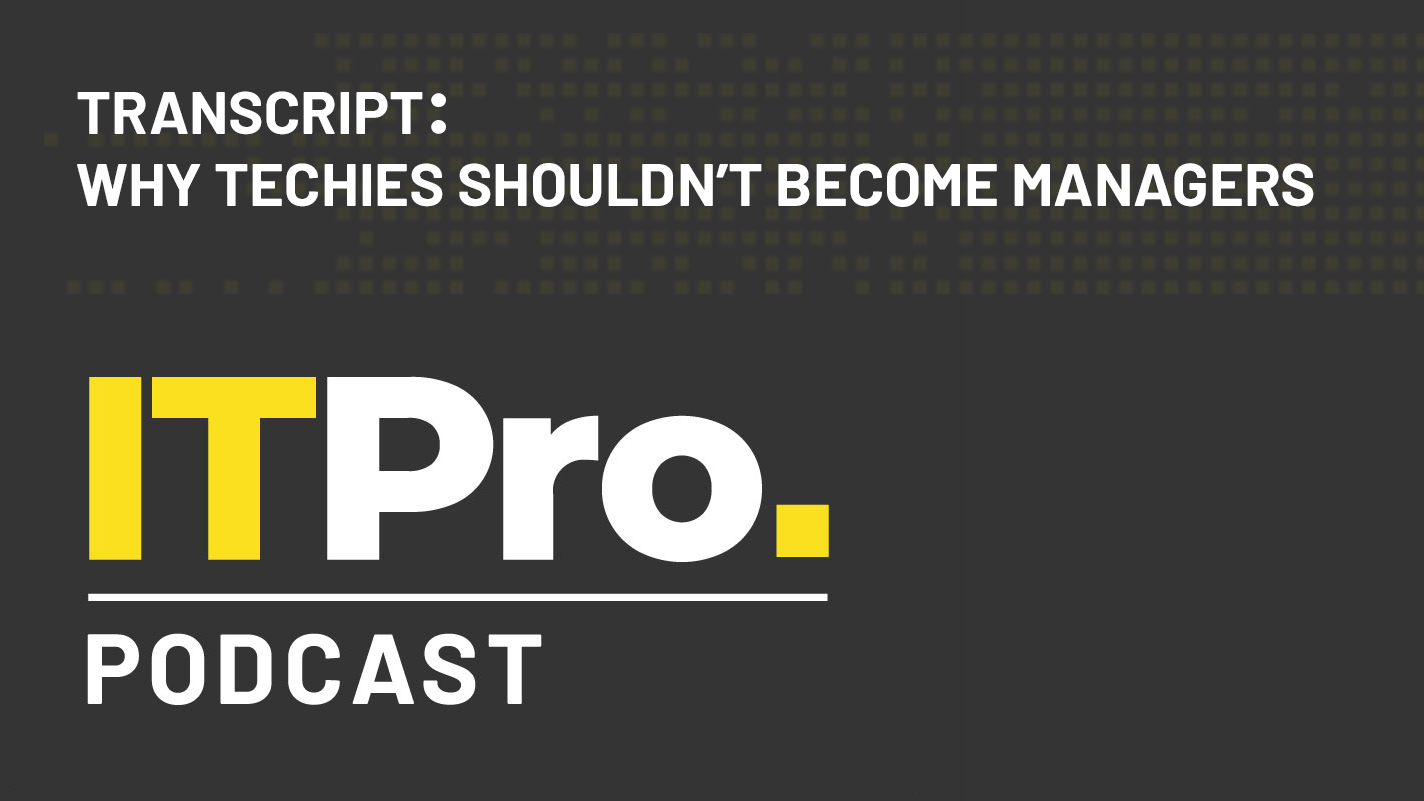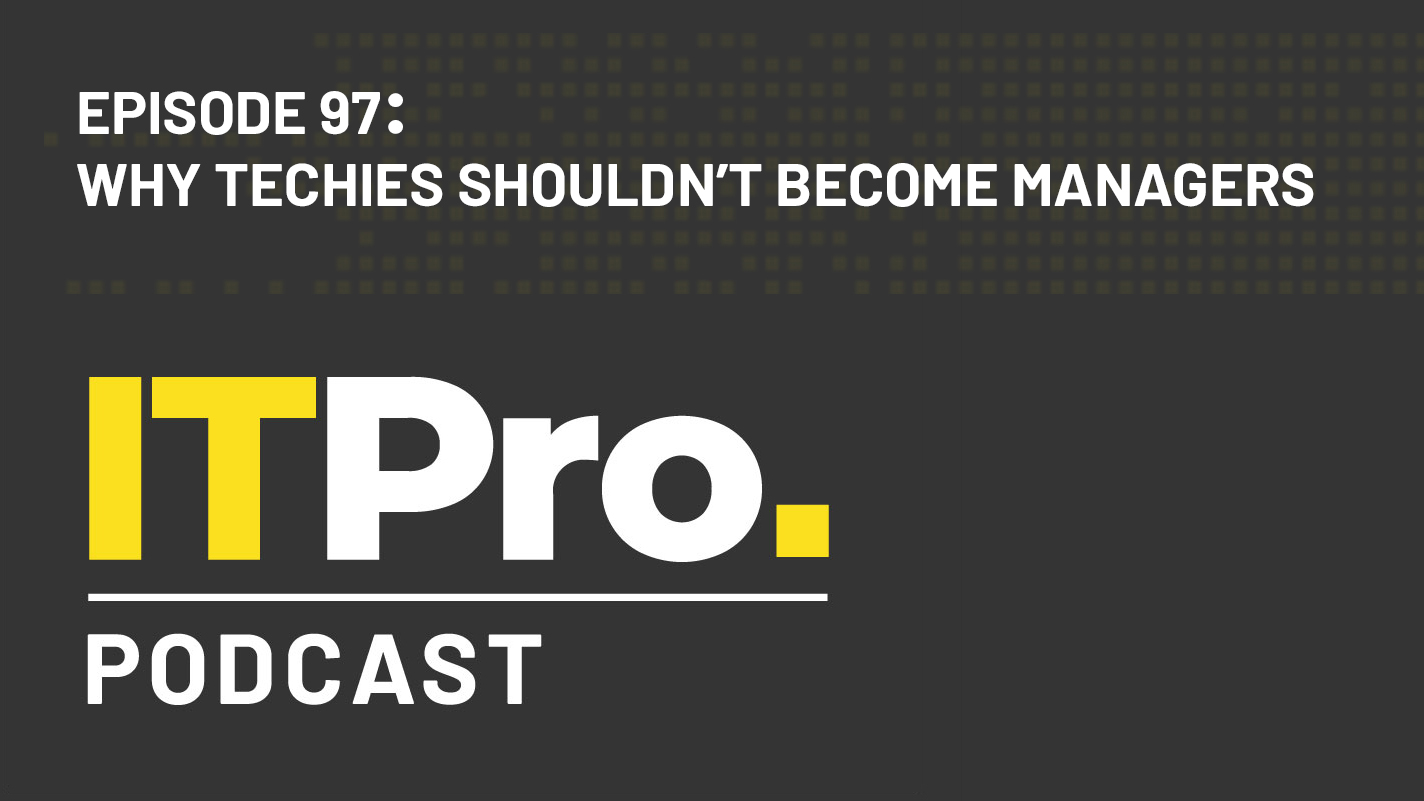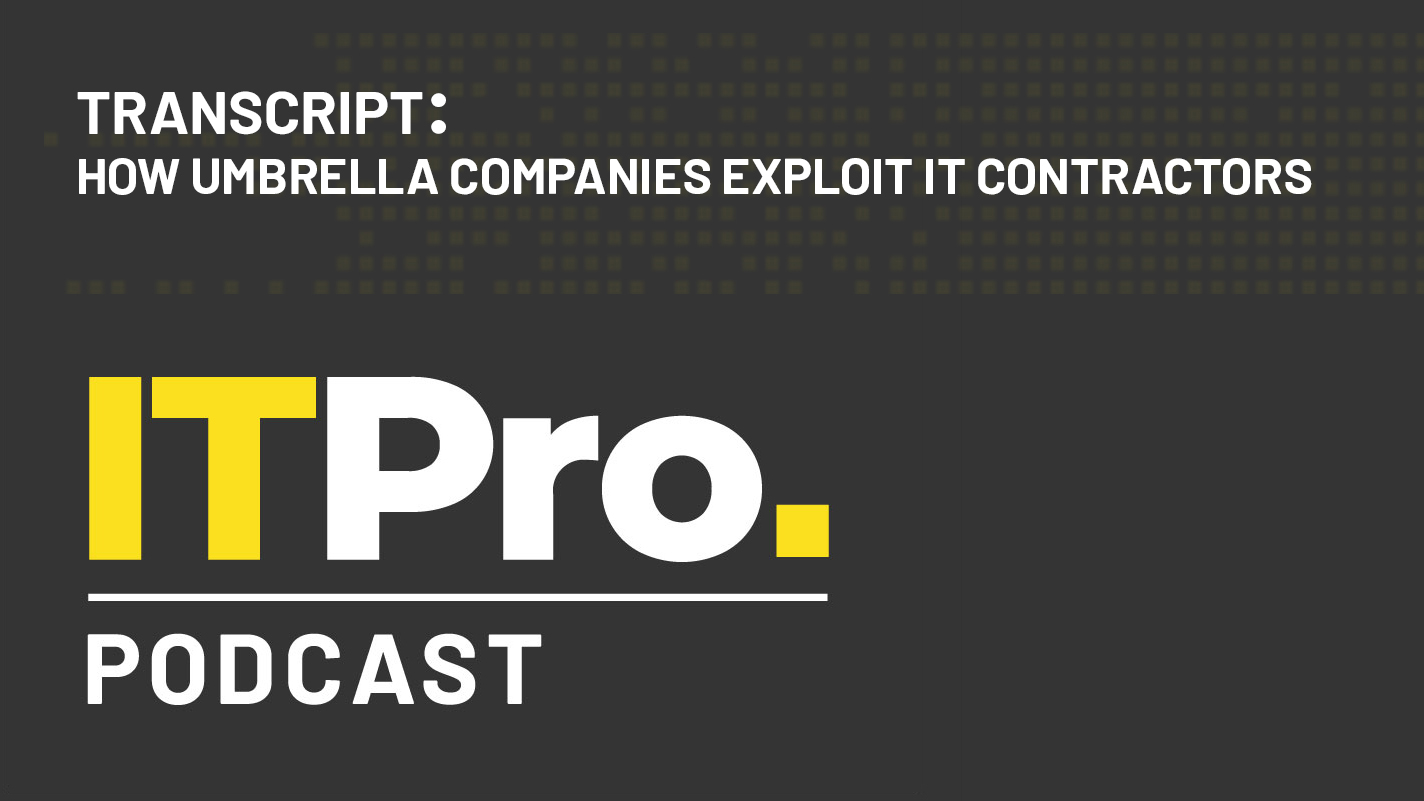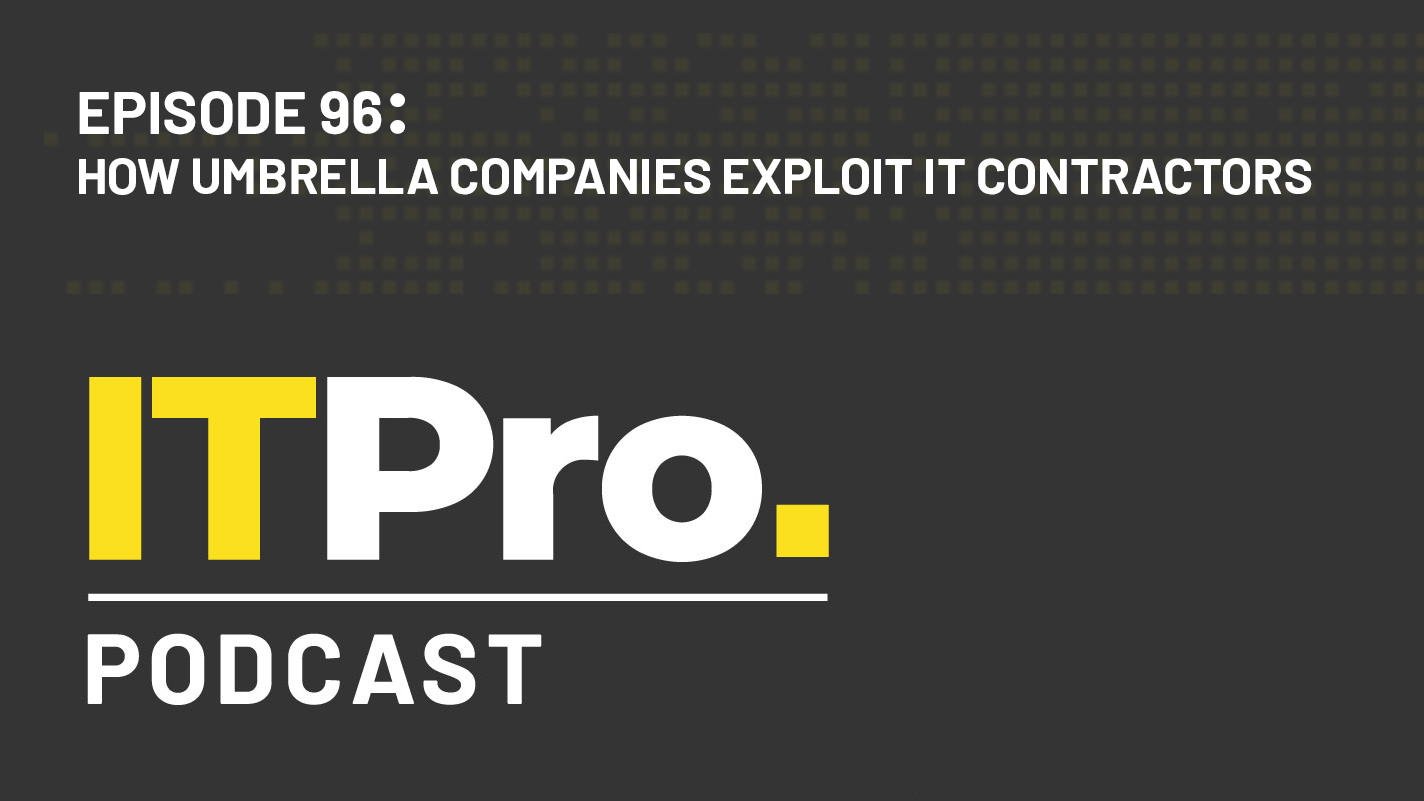IR35 insurance: What is it and do you need it?
We help you weigh up whether to take out IR35 investigation insurance

If you work in the public sector as a self-employed contractor, then IR35 might affect you. The legislation is designed to crack down on tax avoidance via what HMRC calls 'disguised employment', targeting contractors who set up limited companies, paying themselves dividends instead of drawing an income.
This means they don't pay National Insurance, and they aren't taxed like regular workers (though nor do they receive full-time employment benefits like sick leave and holiday pay).
For more details on what IR35 is and how it could affect you, read our article summarising the legislation.
So, if you're employed by a public body, and run a limited company through which you pay yourself in dividends, should you get IR35 insurance?
What is IR35 insurance?
The government renewed its focus on cracking down on disguised employment from April 2017, making public bodies responsible for ensuring their internal and outsourced staff pay what it deems to be the correct amount of tax.
This made IR35 a renewed priority for HMRC, which is consequently selecting more contractors to investigate their tax status.
Sign up today and you will receive a free copy of our Future Focus 2025 report - the leading guidance on AI, cybersecurity and other IT challenges as per 700+ senior executives
IR35 insurance helps contractors find experienced legal representation to defend their tax status and represent their interests if they are selected for review - effectively, it's insurance in case you're investigated.
Typically, you can get insurance for two separate aspects of an investigation - the legal costs of defending yourself in an investigation, and the financial consequences of being found to be 'inside' IR35.
One contractor insurance broker, Qdos, offers such insurance. CEO Seb Maley explains to IT Pro: "Some policies only offer cover for the legal or defence costs involved in a tax or IR35 case. This means you get an expert fighting your corner from day one, managing the case on your behalf and dealing directly with HMRC.
"A popular extension to this type of cover is to also indemnify the IR35 liabilities, so if the expert loses the case, all of the backdated tax is covered."
Such costs include any interest added to unpaid tax, national insurance contributions, and penalties levied by HMRC.
Do you need IR35 insurance?
If the HMRC decides to investigate your tax status and you don't have insurance, you could end up paying a specialist far more to represent your interests. With investigations potentially taking years to conclude, this could leave you with a huge bill, even if you win.
"With IR35 at the top of HMRC's agenda, the need for insurance has never been greater," argues Maley. "IR35 is a complex and continuously evolving legislation which can easily be misinterpreted. Insurance brings peace of mind should a contractor be subject to an investigation by HMRC, with the option of covering any tax or NIC (National Insurance contributions) liabilities, interest and penalties should you be 'caught' by IR35."
Most HMRC victories in IR35 investigations come when the contractor lacks expert representation, according to Qdos.
Even if you soak up the penalties and backdated tax if HMRC decides IR35 applies to you, on average you'll end up paying 25% more tax on your future earnings, saysContractorCalculator, making insurance a relatively cheap way to make this outcome less likely, even if you don't think you'll be investigated.
"Thousands who have been through enquiries will testify that insurance has been a huge benefit, both financially but also in removing a great deal of stress from the process," Maley concludes.
What else should you consider before deciding whether to insure yourself or not?
Firstly, review the nature of your employment to make sure you can't be accused of dodging IR35 tax status. In HMRC's eyes, there's a lot of difference between a so-called 'disguised' employee, and a genuinely self-employed worker. Your working practices should reflect these differences if so. For instance, if you offer your services via an intermediary - a limited company, a partnership, or even another person, you could be liable to pay IR35 taxes.
The nature of your contract is also essential in determining your tax status. HMRC uses three tests to check if you're 'inside' or 'outside' IR35, ContractorCalculator explains.
If a contractor's client tells them how, when and where to complete their work, the contractor is inside IR35. If a contractor can't offer a replacement worker to substitute for them when sick or on holiday, they're inside IR35. If a contractor is reliant on the client giving them work, and the client reliant on the contractor completing it, the mutuality of obligation test is fulfilled and the contractor is deemed inside IR35.
To check your IR35 status on these, you can get your contract reviewed by an expert contract review service to determine your tax status.
-
 The modern workplace: Standardizing collaboration for the enterprise IT leader
The modern workplace: Standardizing collaboration for the enterprise IT leaderHow Barco ClickShare Hub is redefining the meeting room
-
 Interim CISA chief uploaded sensitive documents to a public version of ChatGPT
Interim CISA chief uploaded sensitive documents to a public version of ChatGPTNews The incident at CISA raises yet more concerns about the rise of ‘shadow AI’ and data protection risks
-
 IT Pro Panel: Tackling technical recruitment
IT Pro Panel: Tackling technical recruitmentIT Pro Panel With the recruitment market shifting, how can businesses both retain their best staff and fill gaping talent shortages?
-
 Podcast transcript: Why techies shouldn’t become managers
Podcast transcript: Why techies shouldn’t become managersIT Pro Podcast Read the full transcript for this episode of the IT Pro Podcast
-
 The IT Pro Podcast: Why techies shouldn’t become managers
The IT Pro Podcast: Why techies shouldn’t become managersIT Pro Podcast Managing people is a completely different skillset to managing technology - so why do we keep pushing people from one to the other?
-
 Podcast transcript: How umbrella companies exploit IT contractors
Podcast transcript: How umbrella companies exploit IT contractorsIT Pro Podcast Read the full transcript for this episode of the IT Pro Podcast
-
 The IT Pro Podcast: How umbrella companies exploit IT contractors
The IT Pro Podcast: How umbrella companies exploit IT contractorsIT Pro Podcast Is tighter regulation needed to stop workers from being cheated out of earnings?
-
 Tax the tech giants, not the consumer
Tax the tech giants, not the consumerOpinion Raising money for the arts through gadget sales is a good idea, but the burden shouldn't land on a beleaguered public
-
 The IT Pro Podcast: IR35 - what happens now?
The IT Pro Podcast: IR35 - what happens now?IT Pro Podcast With the legislation now delayed until next year, where does this leave contractors and their employers?
-
 Japan and France speak out on digital tax plans
Japan and France speak out on digital tax plansNews Countries hoping to set global digital tax norms feel the USA is dragging its feet